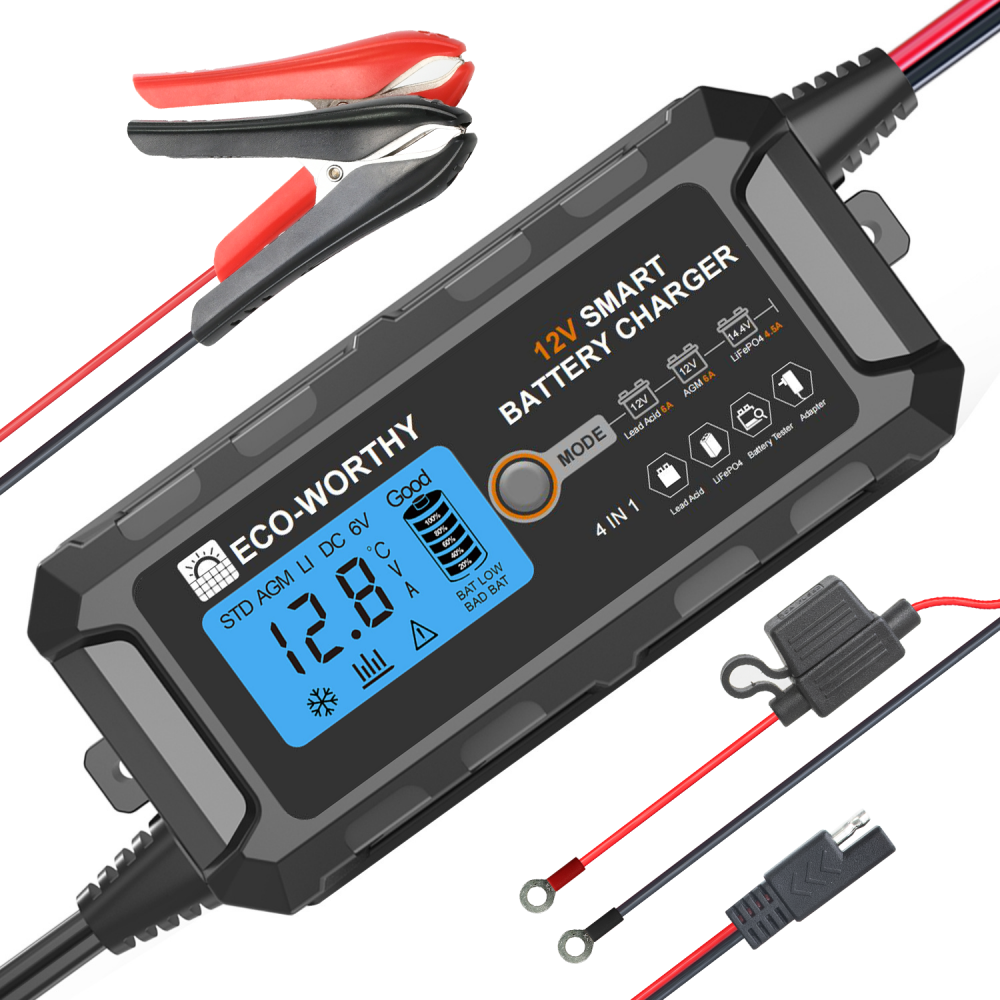In the realm of industrial applications, the lithium battery charger plays a pivotal role. Whether you are powering heavy machinery, electric vehicles, or backup power systems, selecting the right charger is crucial for efficiency, safety, and longevity of your batteries. This article delves into the intricacies of lithium battery chargers, offering a comprehensive guide to help you make an informed decision.

Understanding Lithium Battery Chargers
A lithium battery charger is designed specifically to charge lithium-ion batteries, which are known for their high energy density and long cycle life. These chargers are equipped with sophisticated control systems to ensure safe and efficient charging. But what exactly sets them apart from other types of chargers?
"Lithium battery chargers are engineered to handle the unique charging requirements of lithium-ion cells, including precise voltage and current regulation." - Industry Expert
Key Features of Lithium Battery Chargers
When choosing a lithium battery charger, several features should be considered:
- Voltage and Current Regulation: Ensures the battery is charged at the correct rate, preventing overcharging and overheating.
- Temperature Monitoring: Protects the battery by monitoring and adjusting the charge based on temperature fluctuations.
- Multiple Charging Modes: Includes options like fast charging, trickle charging, and maintenance charging.
- Safety Mechanisms: Features such as short-circuit protection, over-voltage protection, and reverse polarity protection.
Why the Right Charger Matters
Choosing the correct lithium battery charger is not just about compatibility; it’s about optimising performance and ensuring safety. An inappropriate charger can lead to several issues:
- Reduced Battery Life: Overcharging or undercharging can significantly shorten the lifespan of your battery.
- Safety Hazards: Incorrect charging can cause overheating, leading to potential fire hazards.
- Inefficiency: A mismatched charger can result in longer charging times and reduced operational efficiency.
Types of Lithium Battery Chargers
There are various types of lithium battery chargers available, each suited for different applications:
Industrial-Grade Chargers
These chargers are designed for heavy-duty applications, such as powering electric forklifts or large-scale energy storage systems. They offer robust features and high power output.
Portable Chargers
Ideal for smaller applications, portable chargers are compact and easy to carry. They are perfect for charging devices like drones, portable power stations, and electric bikes.
Smart Chargers
Equipped with advanced technology, smart chargers can communicate with the battery to optimise the charging process. They are often used in applications where precise charging is critical.
Conclusion
In conclusion, selecting the right lithium battery charger is essential for maintaining the performance and safety of your lithium-ion batteries. By understanding the key features and types of chargers available, you can make an informed decision that meets your industrial needs. Remember, a well-chosen charger not only extends the life of your battery but also ensures the safety and efficiency of your operations.
For more information, you can refer to products like the Smart Lithium Battery Charger from our trusted suppliers.

Watch this video to see a demonstration of how a smart lithium battery charger works.








